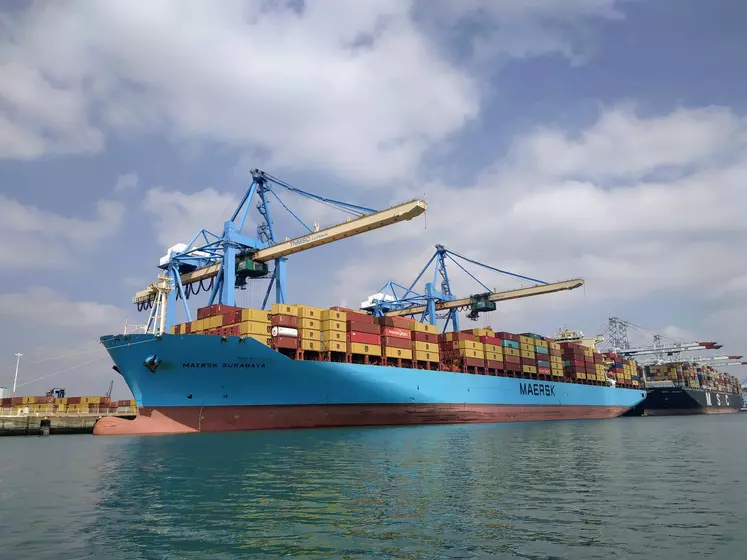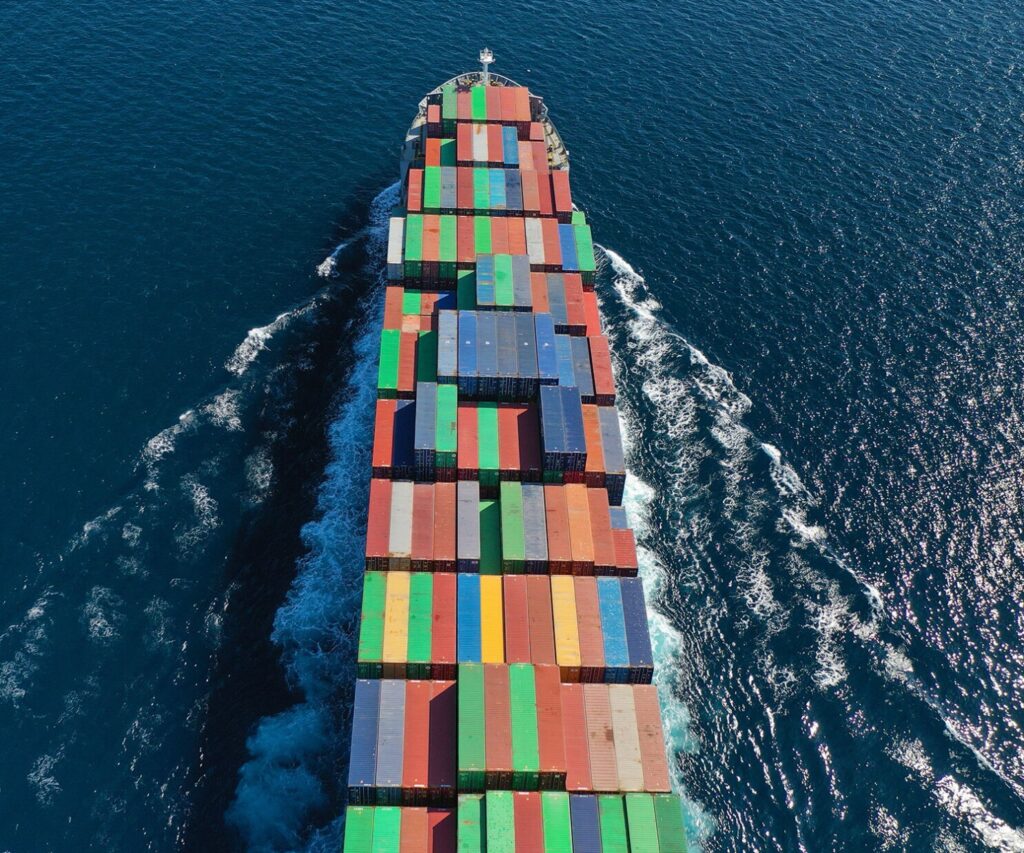THE sea transport is at the heart of global trade, facilitating the circulation of goods and people through the oceans. This mode of transport, nicknamed “the soul of global trade”, is not only the backbone of international trade, but also an essential player in globalization economic exchanges. However, its impact is not limited to economic growth alone; it is also responsible for 3% of global greenhouse gas emissions, raising major environmental concerns. Maritime transport, in the midst of a price war since 2008, continues to play an essential role in the global economic system, while striving to optimize its efficiency and reduce its ecological footprint.

THE sea transport plays a vital role in global trade, acting as the primary mode of moving goods across the globe. Representing the majority of international trade, it is also nicknamed “the soul of global trade”. However, the impact of maritime transport is not limited to its economic role; it also has significant environmental repercussions that the sector must address. This article explores the different facets of maritime transport, its influence on the global economy, as well as the ecological challenges it poses.
Table of Contents
ToggleDefinition of Maritime Transport
THE sea transport designates all activities linked to the movement of goods and people by water, using tools such as cargo ships, ferries and cruise ships. It is a critical sector, not only for the volumes of goods it moves, but also for its influence on global development and connectivity. Its economic importance is underlined by the seven billion tonnes of goods transported across the oceans each year.
Backbone of International Trade
Dubbed “the soul of global commerce,” shipping remains the dominant mode of transport for moving goods over long distances. The maritime network accelerates trade flows by effectively connecting continents, making seas and oceans vital arteries for economic globalization.
The Economic Impact of Maritime Transport
By being the cornerstone of international trade, maritime transport supports the globalization by promoting the exchange of goods and services on a large scale. However, this sector has faced a persistent “price war” since the 2008 financial crisis, impacting the cost of ocean freight and causing overall economic fluctuations.
Although vital, maritime transport must continually adapt to new challenges economically and technologically to remain a key vector of global economic growth.
Sea Freight Optimization
Route optimization and the use of modern technologies aim to improve the efficiency of maritime transport. Companies are investing in process automation and digitalization to reduce operational costs and strengthen the competitiveness of the sector.
Environmental Impact of Maritime Transport
Although economically crucial, shipping has a notable environmental impact, contributing around 3% of global carbon emissions. greenhouse gas. This pollution, exacerbated by the continued growth of maritime trade, presents pressing ecological challenges that require strategies to reduce emissions and adopt greener technologies.
International regulations, such as those put forward during the COP27, seek to encourage the sector to adopt more sustainable practices and minimize its ecological footprint.
Towards a Green Transition
To meet environmental criteria, maritime transport players are exploring the potential of alternative fuels, such as wind energy or biofuels, to stimulate a gradual reduction in polluting emissions. The shift to more environmentally friendly ships could drastically transform the sector in the years to come.









